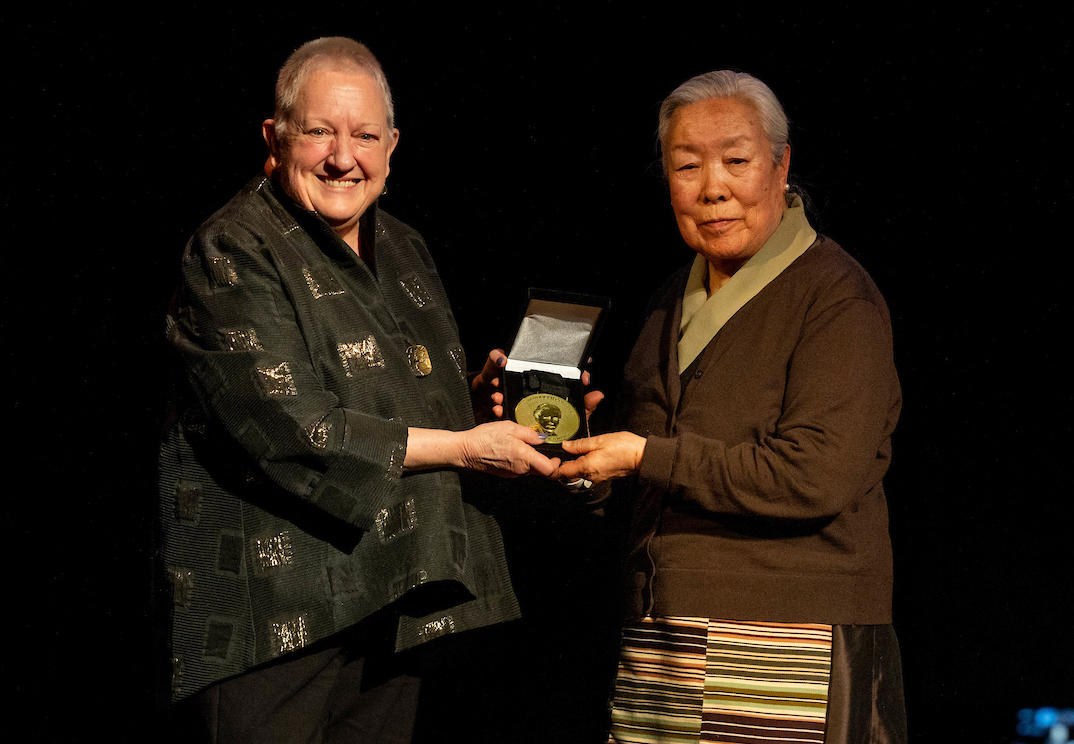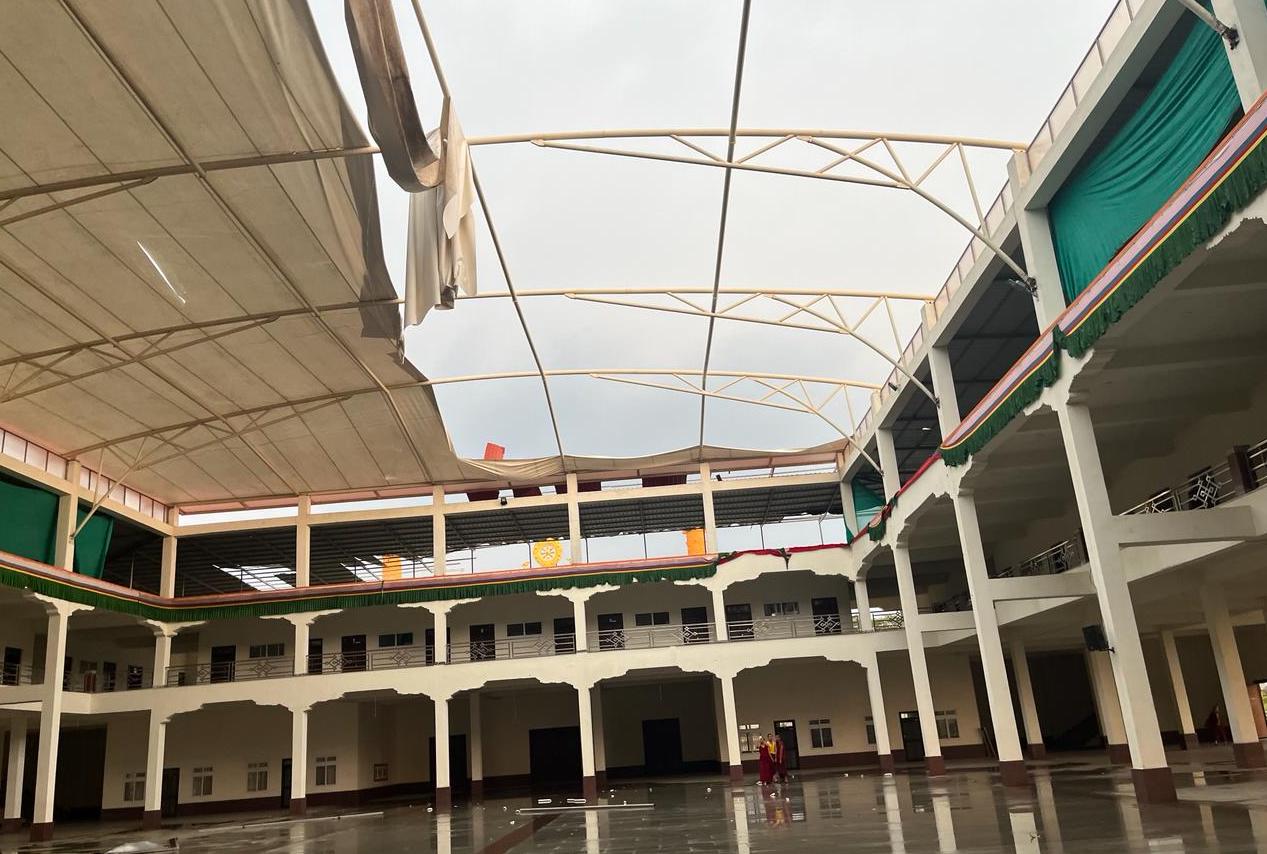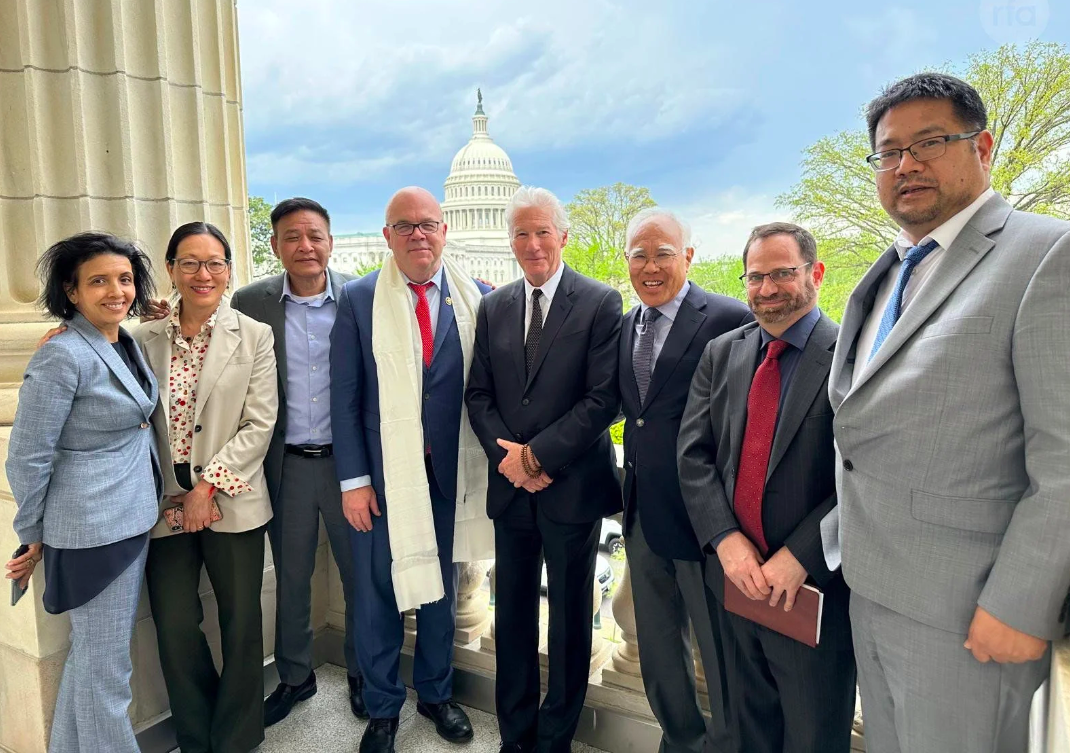The Tibetan Centre for Human Rights and Democracy (TCHRD) welcomes the UN Special Rapporteur’s forthcoming visit to Tibet and China from 21 November to 2 December 2005. The Centre strongly supports and attaches great importance to the much awaited visit by the expert in order to gain first hand information of the true picture of the torture situation in Tibet and China.
On the eve of the visit, TCHRD urges the UN expert to investigate the widespread and systematic use of torture within Tibet’s prison, detention centres, labour camps and other detention facilities. The Centre pleads the expert to especially investigate the treatment of political prisoners since cases of extreme torture against them are often reported.
Since 1987, the Centre has documented the deaths of 88 known Tibetan political prisoners due to torture. While many prisoners died in custody, some succumbed to torture-related injuries after being released from prison in near death condition. The prison authorities often shun responsibility by releasing prisoners in critical conditions before they die. A case of concern was the death of Nyima Drakpa, 29, who died in October 2003 shortly after being released from prison on medical parole. The Centre also urges the UN expert to investigate the death while in custody, of Tibetan political prisoners. Some highlighted cases are the death of Rinzin Wangyal at the end of 2004 in TAR Prison no 2, popularly known as Powo Tramo Prison. In May 2004, the last update on him prior to his death was that he was in critical condition due to extreme torture in the prison. Lobsang Dhargay, another political prisoner, died due to torture on 19 November 2002 in a labour camp located in Qinghai Province.
Torture is a regular feature in the People’s Republic of China (PRC) although it has ratified the UN Convention against Torture (CAT) and Other Cruel, Inhuman or Degrading Treatment in October 1988 and outlawed certain forms of torture in the revised Chinese Criminal Procedure Law, which came into effect in 1997. Despite that systematic torture is still endemic in the Chinese administered prisons in Tibet. Torture is being used to defeat the Tibetan prisoners¡¯ nationalist spirit, to extract confessions, to intimidate prisoners and to cause humiliation and mental trauma that affect the prisoners for the rest of their lives. China is responsible for innumerable acts of abuse through its repressive system of surveillance, intimidation, and persecution inside Tibet’s prisons and detention centres.
The torture techniques include electric shocks, pricking cigarettes on the face, hand or thumb cuffs, feet manacles, suspension from ceiling, beatings, booting, exposure to extreme temperature, long period of solitary confinement, deprivation of food, water and sleep, forced labour, forced exercise drills, etc.
Though many countries in the world abide by the UN Convention against Torture (CAT) to accomplish human rights, peace, freedom, democracy and equality, the situation in China and Tibet remains of concern. In Tibet, Tibetans exercising fundamental rights like staging peaceful protest and peacefully expressing their political ideologies are labelled as “separatists” and are accused of “endangering the State security”. The peaceful exercise of fundamental human rights leads to arbitrary arrest, illegal detention, involuntary disappearance, torture during interrogations and detention and heavy sentences due to arbitrary judicial processes. There are about 145 known Tibetan political prisoners in a network of Chinese administered prisons in Tibet.
The Centre wishes to draw the attention of the Special Rapporteur to the following five Tibetan political prisoners of concern and urges him to visit them and raise their case to the Chinese authorities.
• Tenzin Deleg Rinpoche (Imprisoned in Sichuan Province)… A’an Zhaxi] Life imprisonment
• Ngawang Phulchung [Ch. (Imprisoned in Drapchi Prison) 19 years prison term
• Bangri Rinpoche [Ch. Jinmei Denzin; Imprisoned in Drapchi Prison) Life imprisonment
• Jigme Gyatso (Imprisoned in Drapchi Prison) 15 years prison term
• Lobsang Tenphen (Imprisoned in Sichuan Prison) five years prison term
• Phuntsok Wangdu (Imprisoned in Drapchi Prison) 14 years prison term
The Tibetan Centre for Human Rights and Democracy appeals to the UN Special Rapporteur to stamp out torture in Tibet and bring human dignity and human rights to the Tibetan people. The Centre also urges the expert to pressure the PRC to ratify the optional protocol to the UN Convention against Torture and Other Cruel, Inhuman or Degrading Treatment









